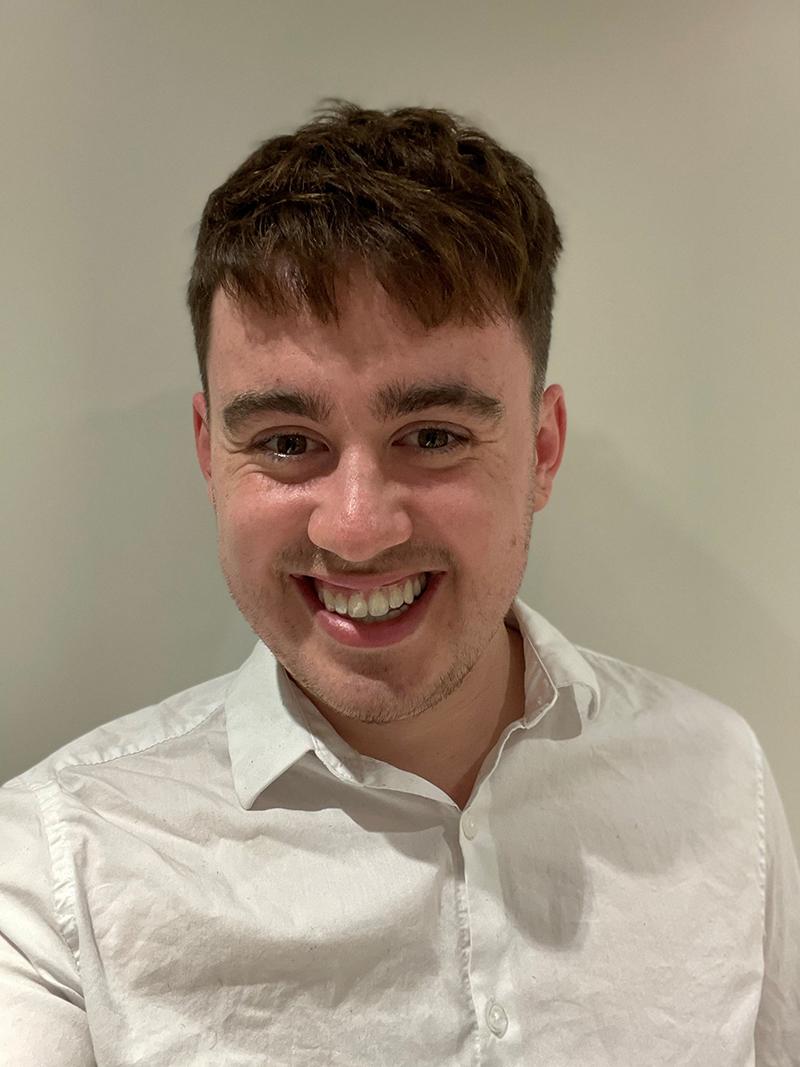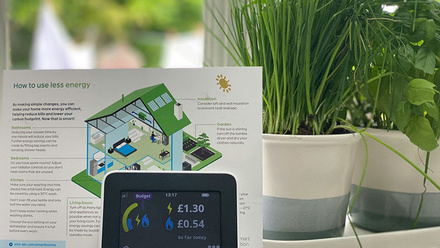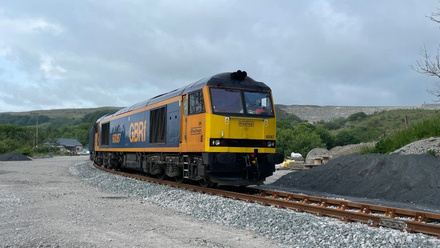A head start
From not getting into his top choice university to securing an internship at EDF Energy, Harry Hughes has managed to turn a false start into a head start to his career in materials science. Andrea Gaini sits down for a chat with the first-year undergraduate.

Harry Hughes thought he had it all figured out. He would finish his A-Levels and head off to study Chemistry at Imperial College London, UK. This was to him the obvious rite of passage that many young people take.
He originally applied for Chemistry because ‘it was my best subject in school… so it made sense for me to do it. So, I applied but I didn’t meet the grades when the results came out – they wanted three A* and I got two A* and a B.’
He admits feeling upset about the rejection but acknowledges at that point he was starting to feel unsure about studying Chemistry. He immediately looked forward to what else he could do to get back on track. ‘[I thought] maybe it could be a good thing to have a gap year, mature a little bit, and go into university…a year later…[with] a bit more experience,’ he says.
He stumbled upon an opportunity at EDF Energy for a pre-university placement and decided to apply. Following a period of applying and searching, unsuccessfully, for other apprenticeships, Harry was offered a role at EDF Energy in their Chemistry & CO₂ Oxidation Group, where ‘I was able to contribute to their research on the oxidation kinetics of the 9Cr-1Mo alloy present in the boilers of the AGR Reactors’.
He explains that the 9Cr-1Mo alloy is found in the evaporator and primary superheater sections of the boilers. ‘At higher temperatures (in a superheater), the alloy changes from an initial state of protective oxidation to a destructive ‘linear’ breakaway oxidation which significantly affects the structural integrity of the boilers, and, in extreme cases, can cause premature shutdown of a power plant.
‘A lot of the work I did was analysing current oxidation states of boilers at power plants, while also assisting in the research of predicting oxidation patterns in the future,’ he reflects.
Learning on the job
Hughes started his apprenticeship at EDF’s main office in Barnwood, Gloucester, UK, in September 2019 and was later offered a place in the company’s pandemic working group as a data analyst.
‘When the COVID-19 lockdown hit in March 2020, I was forced to move back to my hometown and work remotely from there. I [was studying] the local case rates where EDF sites are located, and my work was used in business-critical conditions to either tighten or remove restrictions at sites,’ he says.
His placement was meant to finish at the end of August 2020, but he was asked to stay as a part-time Lead Data Analyst for EDF’s outbreak management team while he began his studies in Materials Science at Imperial.
In fact, following his work at EDF, Hughes was determined to study at Imperial, this time on the Materials Science & Engineering undergraduate course.
He contemplates, ‘During my placement, I was working in the Chemistry and CO₂ Oxidation Group, but really it was materials science that we were doing, and obviously there is chemistry involved, but the actual research looked at metals used in the boilers in the reactors.’
His time at EDF helped Harry hone in on the area of STEM he wanted to focus on and gain practical experience of what it would be like to work in industry, something he thinks was invaluable.
‘Doing a placement before even going to university is a bit unheard of, but…I think it’s matured me a lot,’ he says.
‘For example, in public speaking and presenting scientific views. In university, generally, not many people like speaking in lectures, but working with larger companies it forces you…to present, [because] every week we had a team review.’
Trailblazing
A flexible and open-minded approach appears to characterise Harry’s professional journey so far. For a long time, he thought he would follow his siblings into the Humanities. He was the first in his family to study a science degree and recalls the impact his Chemistry teacher had on him. ‘I had a really good Chemistry teacher [in Year 10], who just explained things in an interesting way that resonated with me.’
His proactivity in forging a new path appears to be paying off. EDF has offered to fund part of his Undergraduate Research Opportunity Placement (UROP) at Imperial. Here, he will be researching the oxidation/corrosion kinetics of the stainless steel cannisters to avoid metals corroding and leaking radioactive products into the ocean. For Harry, the future certainly seems to have exciting things in store.







